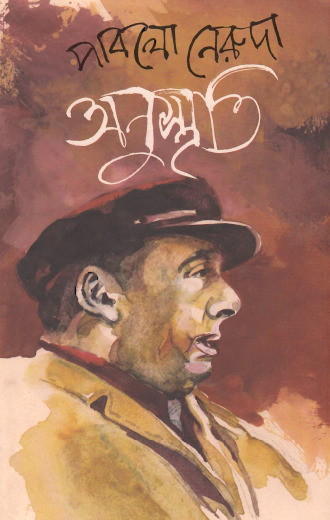What do you think?
Rate this book


418 pages, Hardcover
First published March 23, 1974






“…Sometimes it all begins with a vague stirring, and those who are sleeping wake up. Sleeping fitfully, the soul reaches down to pro¬found roots, to their very depth under the earth. It has always wanted to know it. And knows it now. And then, during the great tremor, there is nowhere to run, because the gods have gone away, the vainglorious churches have been ground up into heaps of rubble.(59)”
“The first time I stood before the sea, I was overwhelmed. The great ocean unleashed its fury there between two big hills, Huilque and Maule. It wasn't just the immense snow-crested swells, rising many meters above our heads, but the loud pound¬ing of a gigantic heart, the heartbeat of the universe.(25)”
“The poet who is not a realist is dead. And the poet who is only a realist is also dead. The poet who is only irrational will only be understood by himself and his beloved, and this is very sad. The poet who is all reason will even be understood by jackasses, and this is also terribly sad. There are no hard and fast rules, there are no ingredients prescribed by God or the Devil, but these two very important gentlemen wage a steady battle in the realm of poetry, and in this battle first one wins and then the other, but poetry itself cannot be defeated.(265)”